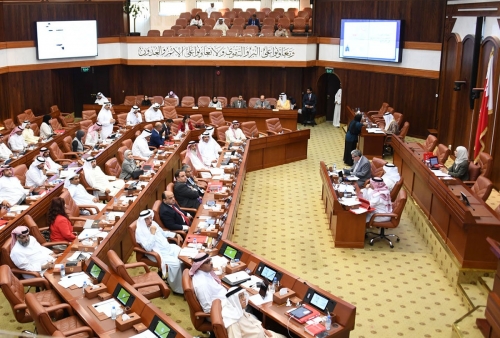A group of five MPs in Bahrain have recently submitted a proposal in hopes of addressing difficulties faced by citizens at Gulf Cooperation Council (GCC) border crossings. The proposal, spearheaded by MPs Jalal Kadhem, Jaleela Al Sayed, Hanan Fardan, Zainab Abdulameer, and Mohsen Al Asbool, highlights the slow processing of travel restrictions at these crossings. The MPs argue that the delays in lifting travel bans imposed by Bahrain and other GCC states are causing unnecessary hardships for citizens, particularly in cases of urgent humanitarian need such as medical treatment, accompanying a sick relative, pursuing education, or employment.
The explanatory memorandum accompanying the proposal underscores the significant delays in removing these bans and the negative impact it has on citizens. The MPs express their concerns over the psychological distress experienced by individuals who are unexpectedly denied passage at border crossings, even in the absence of any security concerns or legal issues. This denial of passage not only affects the dignity of the citizens but also negatively impacts their mental health.
The MPs stress that the delays in lifting travel bans can have severe consequences, such as job loss for those working abroad who are unable to return or missed crucial medical appointments. They emphasize that freedom of movement is a constitutionally guaranteed right, subject to legal provisions and judicial oversight. By highlighting these issues, the MPs hope to expedite the removal of travel bans, particularly in cases where urgent humanitarian needs are at stake.
The proposal aims to bring attention to the struggles citizens face at GCC border crossings and calls for a more efficient process for lifting travel restrictions. The MPs argue that these delays not only cause unnecessary hardships and suffering but also have the potential to have serious consequences for individuals who are denied passage. By emphasizing the importance of freedom of movement as a fundamental right, the MPs hope to bring about change that will benefit citizens who require urgent passage for medical treatment, education, employment, or other pressing needs.
















